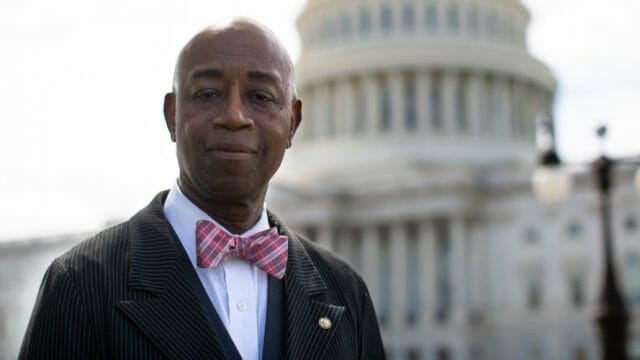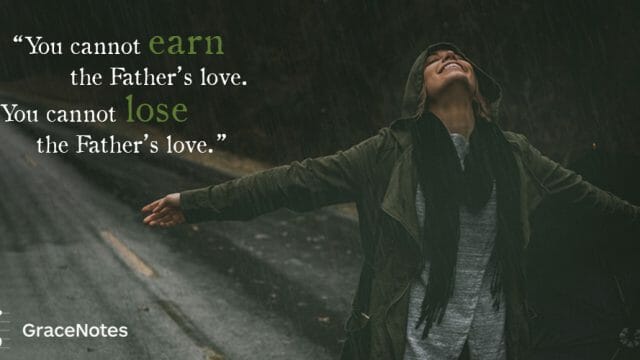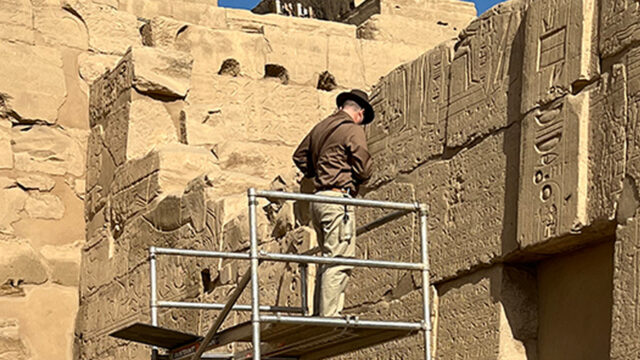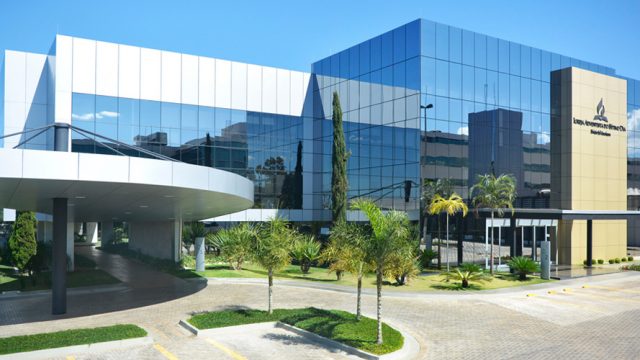An organization run by two people is changing thousands across the South Pacific.
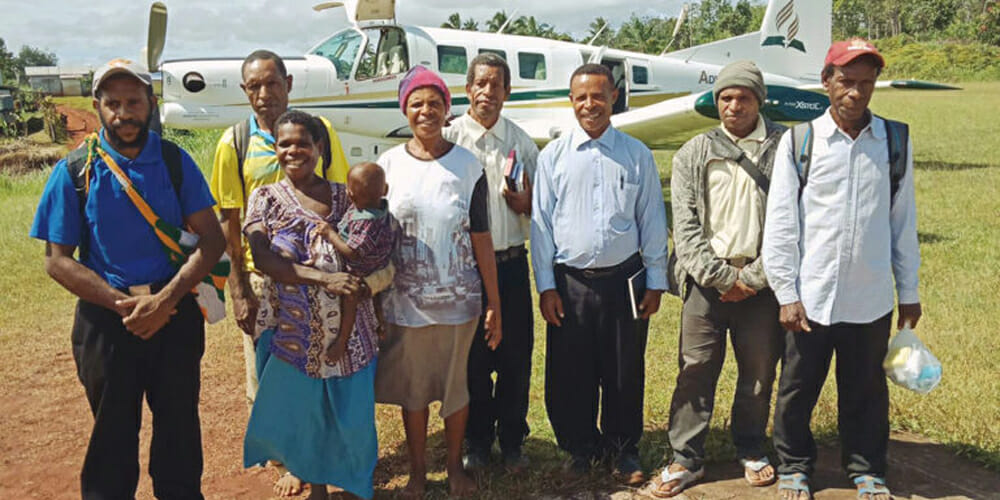
“I’m sorry, but your baby is dead.”
After the doctor delivered the devastating news, the grief among residents in the remote Papua New Guinean village quickly escalated. The mother had been trying to give birth for nearly a month, unable to progress to the final stage of labor. Many members of her Christian church had come to offer prayers — all, it seemed, without success.
Then a young man arrived, bringing with him a few of his friends. “May we pray for you?” he asked the grieving mother. She agreed. Within 30 minutes of the final “amen,” the baby made its entrance into the world — alive and healthy. The tears of heartbreak soon turned into tears of joy, and with the shock and excitement came curiosity about this visitor.
The young man introduced himself as Rex Jajaembo, explaining that he was a Seventh-day Adventist volunteer working in a nearby village. Would they be interested in hearing what he had to say?
In a few months, the village was completely opened to the Adventist message. In September 2018, the mother of the baby traveled to Popondetta for a Total Member Involvement (TMI) Congress, where she was baptized. The church plant in the mother’s village is flourishing. And Rex Jajaembo continues to minister to people in the remote area between Popondetta and Kokoda.
Rex is one of nearly 380 workers in Volunteers in Action (VIA), an independent supporting ministry founded more than 20 years ago. Cliff Morgan, a Queensland-based high school teacher, had recently retired but had a burden for spreading the gospel. After volunteering his efforts on several short-term projects, he began to see the fruit of mission work in the Pacific Islands. But a few things were missing — there was a lack of workers and a lack of funds.
Morgan and his wife, Val, decided to pour all their efforts into this passion, and VIA was born. The structure is simple: generous church members from across the South Pacific contribute funds to support the hundreds of volunteer lay ministers scattered throughout Papua New Guinea, Solomon Islands, and Vanuatu. Over the years, a strong partnership has been formed between the local mission offices and VIA — the missions employ the workers, and VIA sponsors provide the funds, support, and resources.
“The local missions really appreciate the VIA workers,” said Neil Watts, a retired pastor and conference president, who volunteers his time as a field officer for VIA. “They can’t afford to send full-time workers everywhere, but the VIA workers will often go to places where others can’t or won’t go. They are a blessing.”
VIA workers receive a small stipend each month. With this, they move into remote areas to start up new church plants — with significant results.
“On average, there have been around 3,500 baptisms per year across the Pacific Islands from our volunteers alone,” Watts said. “After baptism, the majority of workers will stay on to help the church plant and will often have two or more church groups to look after. They don’t just baptize and move on quickly — they are well-stationed in that area, building their own houses and gardens to truly become part of the communities and villages.”
The VIA sponsors, although not physically present in the mission field, also contribute significantly to the ministry. Along with supporting the workers, VIA donors have provided roofing iron for more than 1,300 small churches across the Pacific. Morgan and Watts visit the missions as often as they can, bringing additional roofing iron and other much-needed resources, including books, study guides, bicycles, raincoats, and Bible resources.
It’s not just the communities that are affected by this ministry. While many of the volunteers have attended the Omaura School of Ministry, a basic Bible training school in Papua New Guinea, they say their real passion, especially after serving as a VIA, is to enter ministry full time. A number of VIA workers have gone on to further study and have become local church pastors and mission administrators.
But the reality remains that although this ministry is changing lives, there is only so much a small organization run by two people can do, and VIA is seeking further recognition to keep growing.
“Our vision is obviously to maintain what we have, but also to increase the number of workers who can go out into further fields, because isn’t that the gospel commission? To go out to all the world?” Watts said. “In those island missions, there are so many remote areas filled with people who are spiritually hungry and don’t know the gospel yet.”
A few villages over from where the mother and baby had their answer to prayer, a woman had been bleeding, unable to staunch the blood flow for three months. Members from her village came and repeatedly prayed over her, with no results. Her husband, who thought she was diseased, was about to throw her out of their home when Rex Jajaembo arrived and asked if he could pray. By the following day, the woman’s bleeding had stopped entirely. Her husband couldn’t believe his eyes.
“I am one of the leaders in this village,” he told Rex, “and I will happily give you a piece of land if you will build a church and teach us about health and your beliefs.”
In another isolated area of the Papua New Guinea highlands, a VIA named Max and a few of his church members have just finished a four-day trek, each of them carrying one sheet of metal roofing on their back. Max and his family care for eight different church groups. As there are no roads or mobile phone service, Max often has to walk for two days through the mountains to reach one of his communities. He now has to begin another four-day journey back to the city to fetch another piece of sheet metal. But, he says, it’s all worth it — the sheet metal will build churches for his members to worship in.
The stories told by Rex and Max are only a few of the humbling and inspiring experiences Watts hears when he visits the volunteers, and they are the reason he is so passionate about this ministry.
“We are so well-off and blessed here in Australia, and that’s why I get involved,” he said. “I’ve lived and worked out in the islands for 11 years across three different unions, and I see the great need. Some areas are ready and open, and the only way we can get into them is with these volunteers — they will go where no one else will go.”
The original version of this story was posted by Adventist Record.


